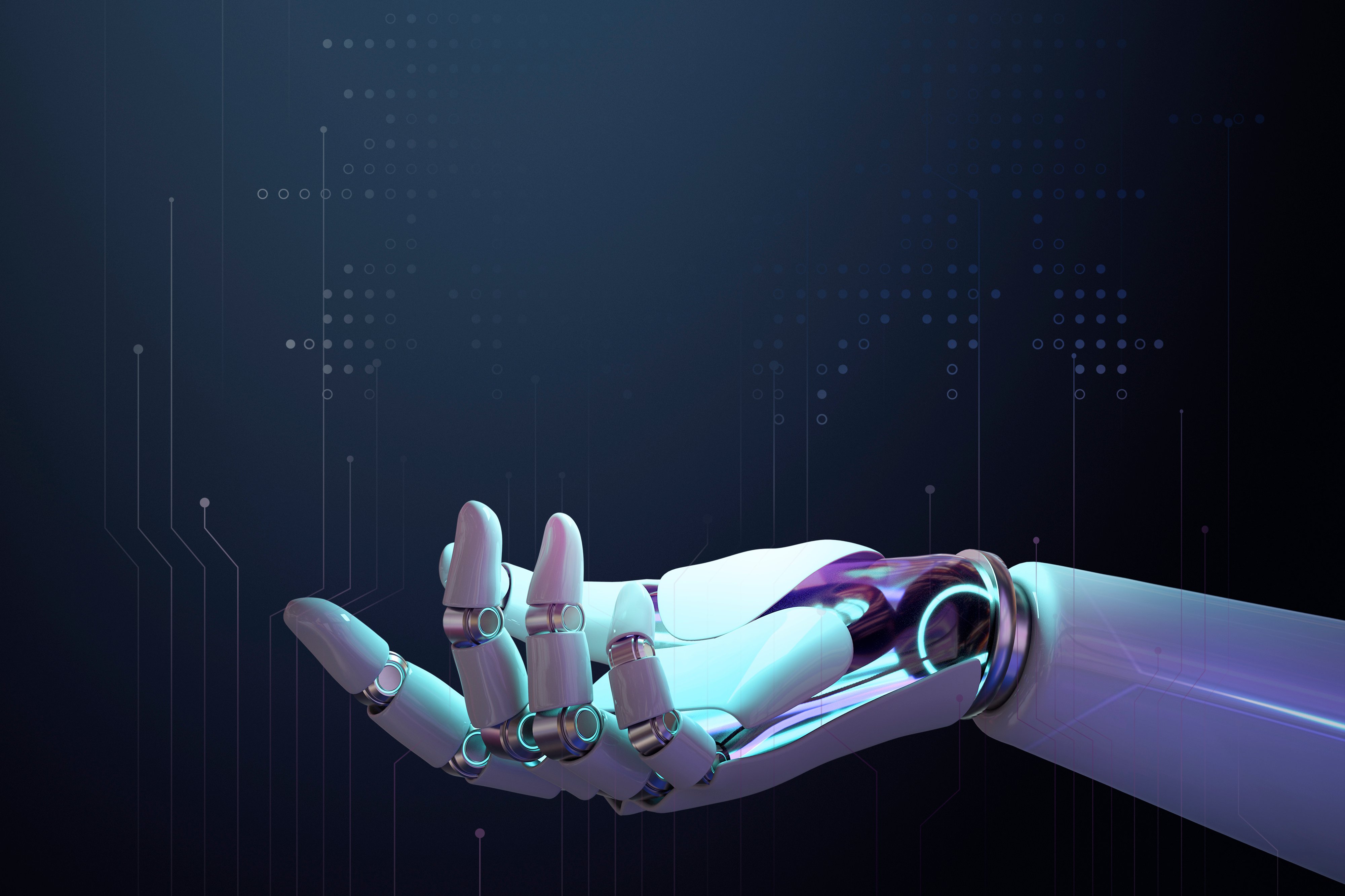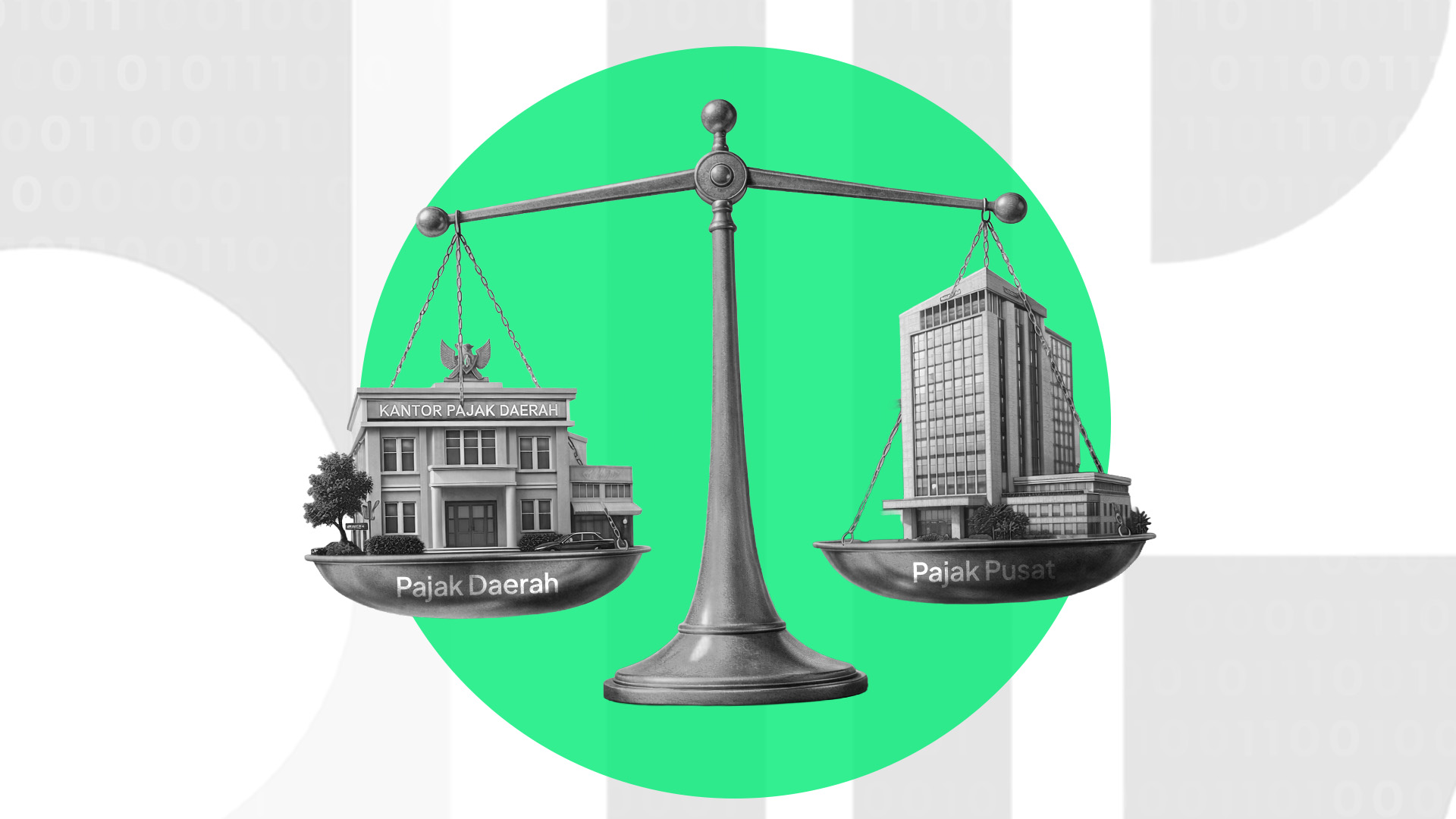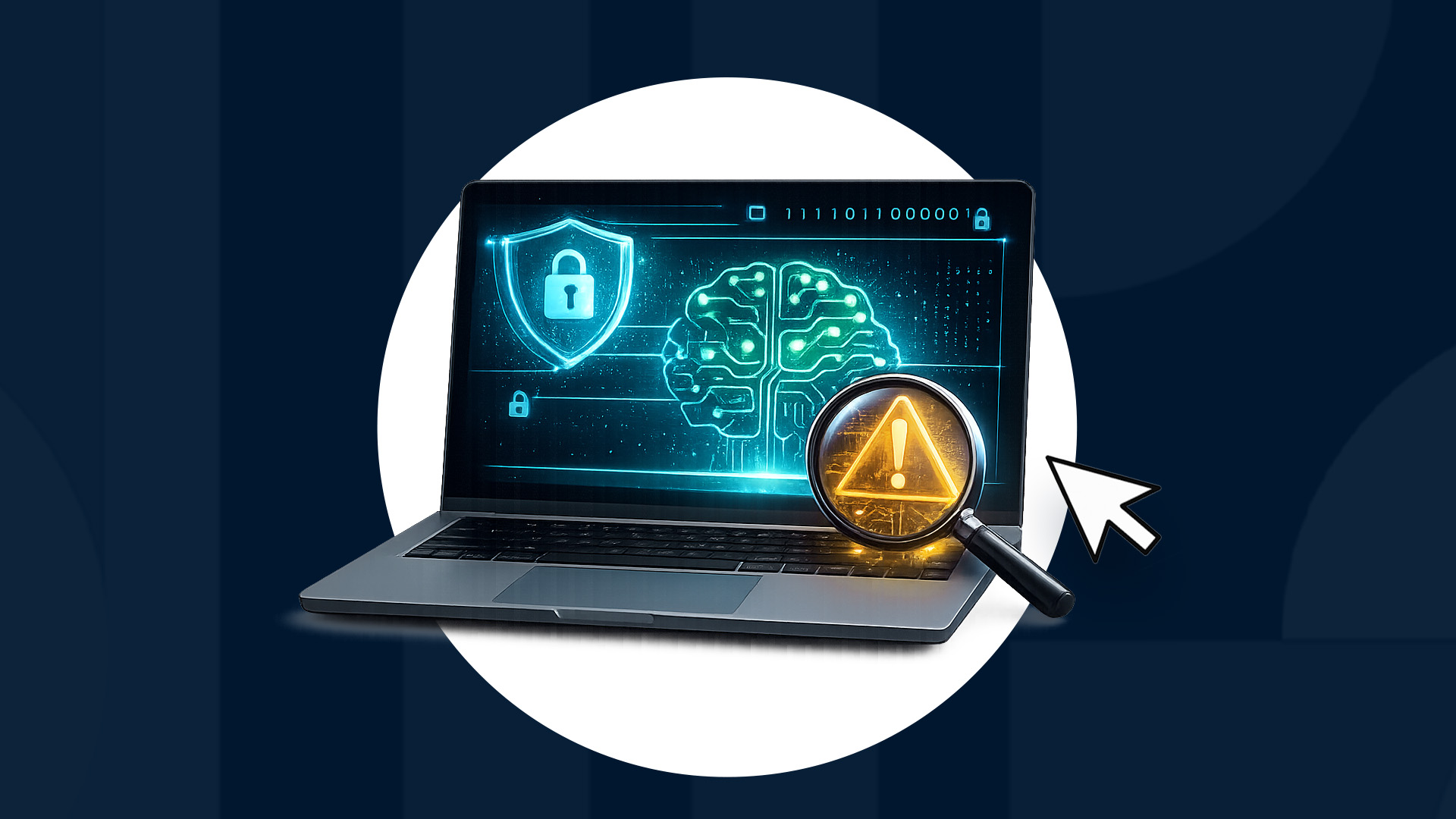When you hear about artificial intelligence (AI), do you immediately think of robots in factories? That is indeed one example. Robots that assist in manufacturing, self-driving cars, and chatbots in customer service are some of the most well-known benefits of artificial intelligence.
However, AI’s impact extends far beyond these specific applications in business and technology. It influences society, ways of thinking, and even the future of civilization.
Beyond its specific uses in various industries, AI has a broader impact that often goes unnoticed. Let’s explore the benefits of artificial intelligence from a scientific perspective.
1. Facilitating Faster Scientific Discoveries
One of the most significant benefits of artificial intelligence beyond business and technology is its potential to accelerate scientific discoveries. Over the past few decades, scientific progress has rapidly advanced alongside increasingly complex data and cases. AI helps scientists process large datasets and identify patterns or relationships that are difficult for humans to detect.
For example, in medical research, AI enables scientists to analyze human genome data more quickly to discover potential new drugs. In physics and astrophysics, AI is used to process vast amounts of space data, assisting scientists in understanding cosmic phenomena.
2. Driving Creativity and Innovation
AI is not just limited to mechanical or mathematical tasks—it also enhances human creativity. The benefits of artificial intelligence extend to creative professionals and artists in producing their work.
AI can generate artworks, writings, images, and even music that closely resemble human creations. However, the real benefit of AI in creativity is not just in its output but in how it helps artists explore new perspectives they may not have considered before.
Creative individuals may even feel motivated to surpass AI’s capabilities, ensuring their artistic expression remains original and innovative.
3. Enhancing Understanding of Human Cognition and the Brain
As AI research and development progress, scientists gain deeper insights into how the human brain processes information, learns, and makes decisions. Thus, one of the benefits of artificial intelligence is its ability to mimic human brain functions, particularly through artificial neural networks.
This means that AI research also helps scientists understand how the brain works, contributing to scientific knowledge. A practical example of AI’s contribution in this area is its role in developing therapies for neurodegenerative disorders such as Alzheimer’s or Parkinson’s disease.
4. Accelerating Social Transformation
The benefits of artificial intelligence are not only about improving efficiency in work or machine interactions but also about accelerating social transformation. One example is AI in education. With AI, access to information has become more widespread and easily available to anyone.
AI-powered online learning platforms offer a more personalized and adaptive learning experience. This helps bridge educational gaps and promotes greater inclusivity in education.
5. Assisting Human Decision-Making
Despite possessing remarkable cognitive abilities, humans often face limitations in decision-making due to cognitive biases, emotions, and limited information. The benefit of artificial intelligence in this context is its ability to analyze data objectively, without bias or emotions, providing a more neutral and data-driven perspective in decision-making.
For instance, in healthcare, AI helps doctors make more accurate diagnoses and design better treatment plans based on extensive medical data. In marketing, AI assists businesses in analyzing consumer behavior and crafting more targeted promotional strategies.
6. Enhancing Cybersecurity
Another critical benefit of artificial intelligence is its role in strengthening cybersecurity. AI can detect fraud and identify suspicious activities within a network.
Additionally, AI is widely used to enhance the security of biometric authentication systems. AI-driven systems not only verify user identities but also detect fraudulent activities or manipulations within biometric data using deepfake detection and anti-spoofing technologies.
Digital identity companies like VIDA offer AI-based technologies to combat AI-generated fraud, such as deepfake and account takeovers. VIDA integrates biometric verification, document verification, deepfake detection, and fraud detection within a single platform.

.png)

.jpeg)
